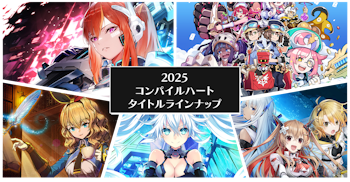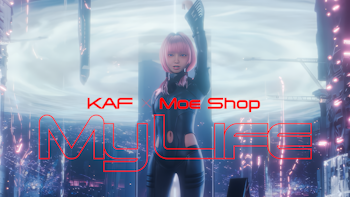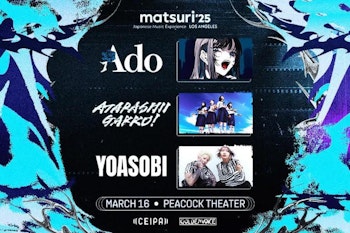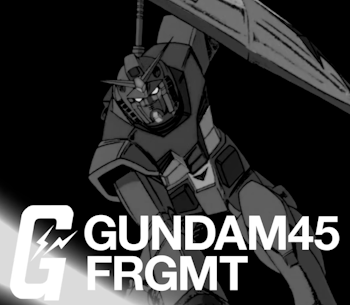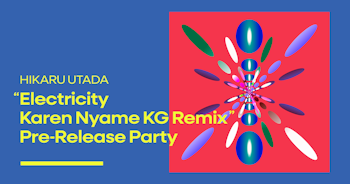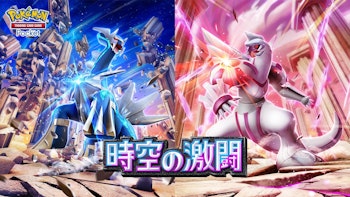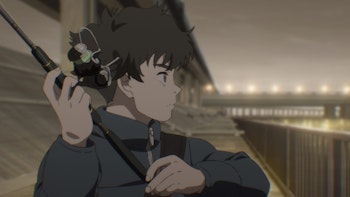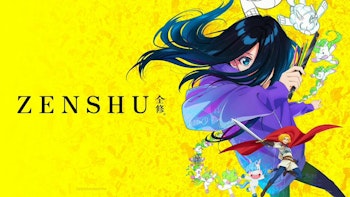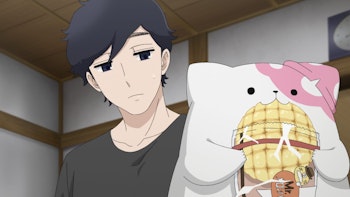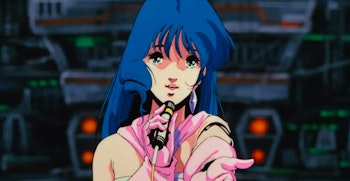
Banana Fish is an emotional tour de force.
Akimi Yoshida’s 1985 manga series ran for nine years, and though it’s been over three decades since its momentous debut, the themes and messages within the graphic tale have only become more relevant as time moves on. While not a boys’ love series, it is often written off as such with a passing glance, proving a massive disservice to what Banana Fish brings to the table. Marketed as an action-adventure romp through the streets of New York City, MAPPA’s 2018 adaptation not only lives up to that promise, but simultaneously manages to depict the crippling aftermath and poignant realities of childhood sexual abuse and trauma. It does so fearlessly, without apologies or sugar-coating.
Banana Fish tells the story of Ash Lynx and Eiji Okumura, two teens from two distant corners of the world. Ash, a 17-year-old gang leader in New York City, meets Eiji, a Japanese photojournalist assistant visiting America for the first time. Ash’s brother, Griffin, lost his mind during his time fighting in the Vietnam war; though it wasn’t the violence which drove him mad, but a strange drug called ‘Banana Fish.’ The series sees him on a mission to discover the secrets of this drug, with Eiji quickly wrapped up in the violent and terrifying world Ash had learned to inhabit.
At the age of seven, Ash was raped by his Little League coach, who wasn’t prosecuted for the assault because of his standing in the community. Ash is left to cope with the assaults, until at age eight, he steals his father’s gun and kills his abuser. Running away from home, he is captured and sold into prostitution, catching the eye of Golzine, a Mafia Don. It’s here that we meet Ash, still under Golzine’s watchful eye, and still living in a world of violence and shame.
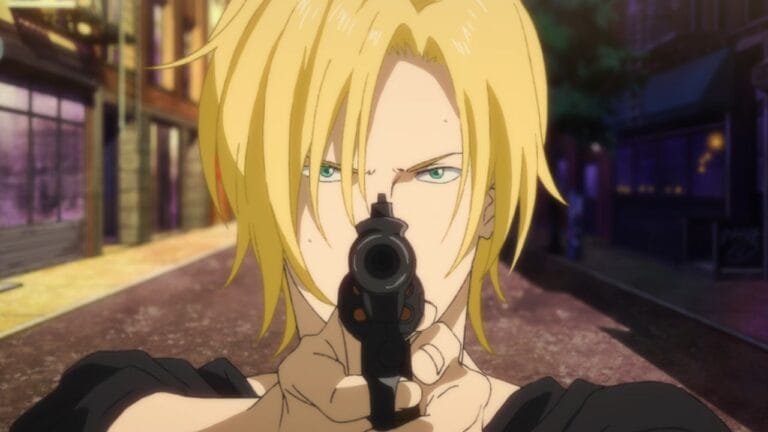
Often, a fictional protagonist is created from a mold. To be the hero of a story, a character must be able to contend with the pain of life while barely breaking a sweat. They’re strong, even in the face of unbeatable odds, and only show the bare-minimum amount of real, palpable emotion in order to humanize them to an audience.
Ash Lynx isn’t so cut-and-dry. His trauma isn’t neatly packaged with a bow and popped into a single episode for context. It drips into each Banana Fish episode, never far from sight. And Eiji, quickly learning of the horrors Ash has endured, becomes not only a lifeline or a simple love interest, but the personification of what Ash could have had were his life not broken to pieces a decade prior. Ash sees him not with jealousy, but with a dream-like fascination. What could life have been?
That’s the reality of trauma: in the end, none of it is measured in visible scars, or weeks on a calendar, or doctor’s visits. It’s measured by lost opportunities, by black holes of loneliness and hopelessness that swallow your voice and take away any future you could see before it happened.

Eiji, kind and gentle, never once demands more of Ash than he’s willing to give. The heaviness of Ash’s past and present isn’t something to be swept under the rug or left to rot; countless times in the series, Eiji simply listens, offering comfort which isn’t condescending or false, but born of a brand of unconditional love which grows the further down the rabbit hole he finds himself. Ash is strong; Ash is capable; Ash is smart. Despite how he sees himself, the pieces of himself could be salvaged.
Eiji isn’t a fool. He can’t save Ash from what he’s lived or what he’s living. He has to be content with simply staying by his side, which he does, even when his life is being threatened. Through him, Ash knows a fulfillment he hadn’t been privy to before. He says it himself: 'I know there’s at least one guy who cares for me and wants nothing in return. I can’t believe how lucky I am. It’s the happiest feeling in the world.'
Late in the series, Ash is sexually assaulted by a soldier under Golzine’s control. Though this isn’t said explicitly for episodes after, Eiji knows immediately by Ash’s pallor, and instead of granting him platitudes like ‘it’ll be okay’, he simply holds him close, in complete silence. To this day, it remains one of the most poignant scenes I’ve seen on television. It’s simple, compared to the dozens of other heart wrenching scenes Banana Fish offers. But it’s that simplicity Ash needs.
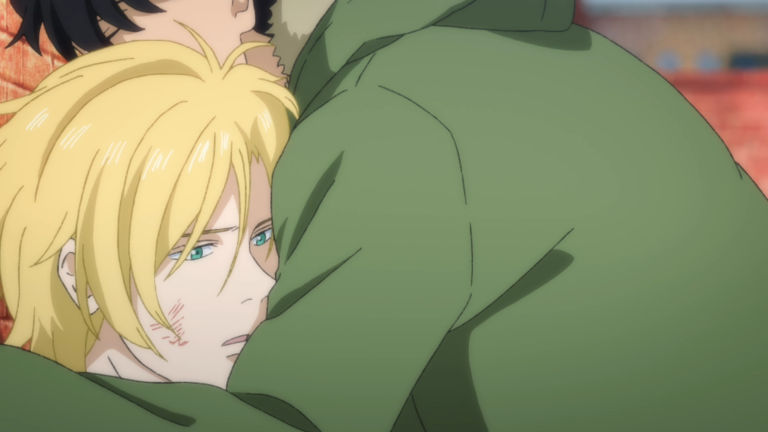
Banana Fish isn’t an easy series to watch. If you know trauma personally, it will make this viewing experience all the more difficult. Through all the senseless violence and pain the show offers, however, is that diamond in the rough: Ash and Eiji’s relationship goes far beyond a growing crush or a matter of convenience. In the side story Garden of Light, published in the 19th volume and taking place seven years after the series’ ending, it’s written that their relationship wasn’t sexual, but they loved each other as lovers do, and that 'they were connected to each other, soul to soul.'
If you feel prepared to jump into the series, Banana Fish is currently available to stream on Amazon Prime Video.
This piece was originally published to OTAQUEST on March 9, 2021
